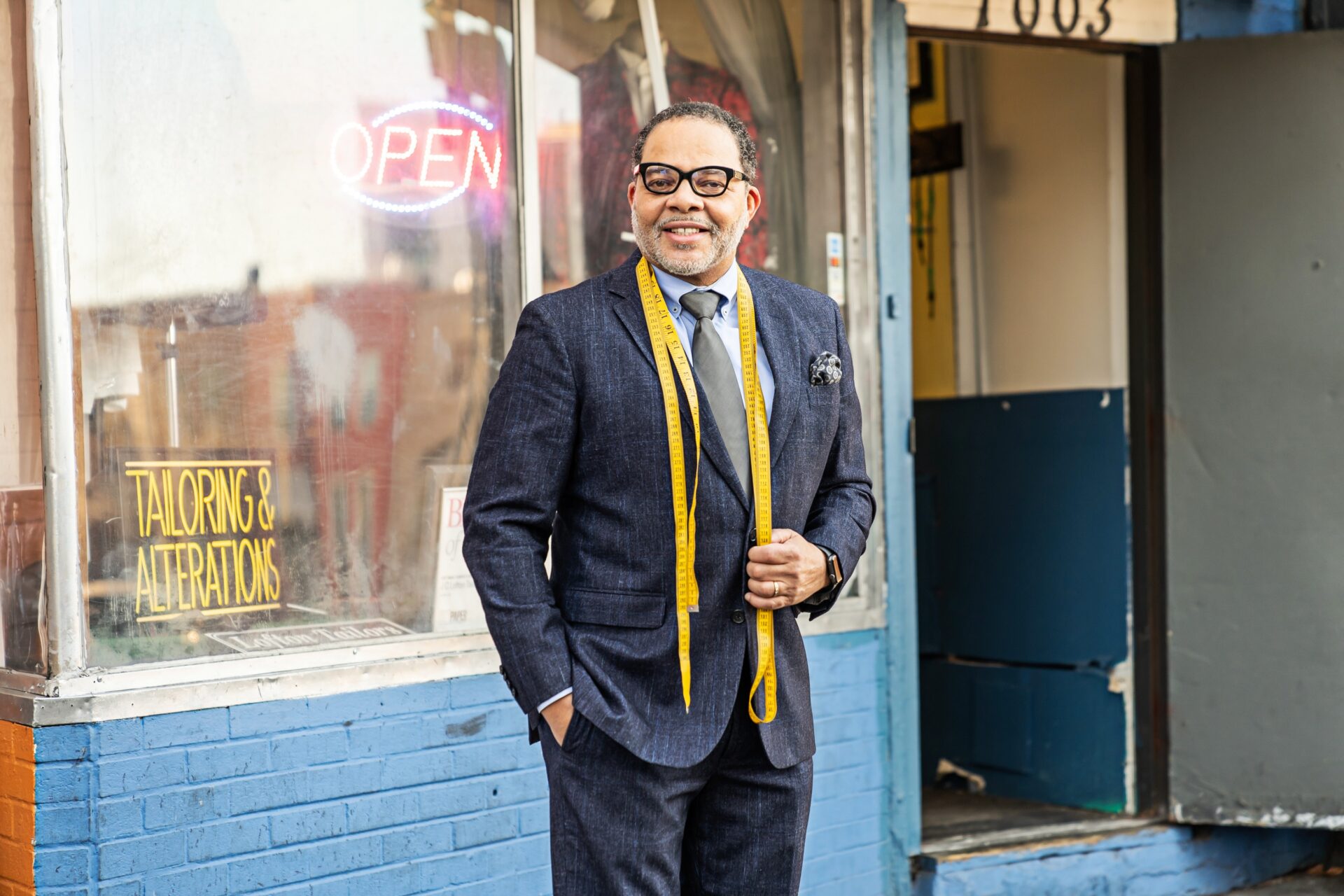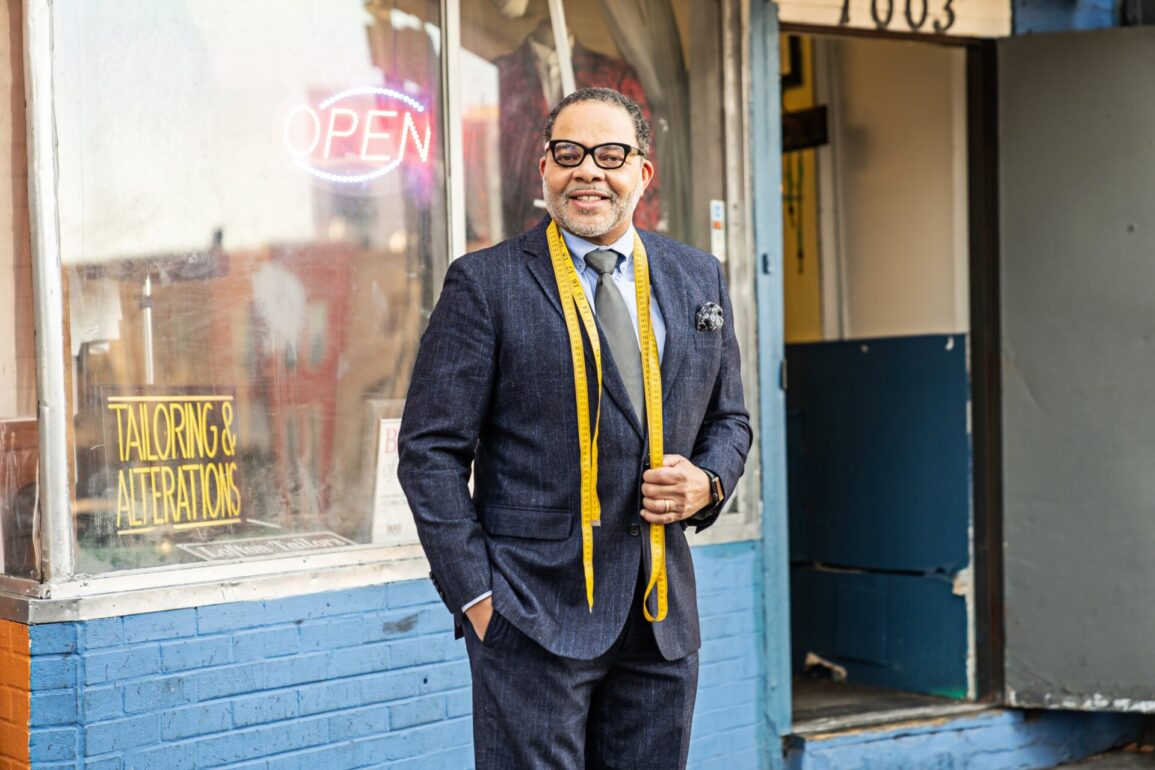
July 24, 2024
The ripple effect occurred as businesses leveraged their funding to garner public and private investment.
In a major new development spurred largely by Black businesses, a fund launched by Wells Fargo during the pandemic has produced a total economic impact of $2.1 billion nationwide, according to a fresh analysis.
That impact stems from the ripple effect of the roughly $420 million Open for Business Fund, the San Francisco-based banking and financial services giant launched during the peak of COVID-19 around four years ago. The funding empowered over 200 nonprofits nationwide to deliver urgent capital and expertise to thousands of local businesses hardest hit by the pandemic.
Starting in 2020, grantees report the OBF has now benefited over 336,000 small businesses. It purportedly has helped them keep or create more than 461,000 jobs in U.S. communities.
Nearly 80% of the funds went to racially or ethnically diverse-owned firms, 72% to low-or-moderate income firms, and 53% to women-owned businesses.
The analysis comes after Wells Fargo was criticized and hit with hefty fines for its home lending practices in recent years. The bank has also been a large contributor to helping individuals and businesses in the Black community.
Its Open for Business Fund uplifted small businesses through grants, loans, and community group training. It was cited that most supported businesses had under $1 million in revenue and ten or fewer employees.
The ripple effect occurred as businesses leveraged their funding to garner public and private investment. Some Community Development Financial Institutions (CDFIs) created new kinds of loans, while other grantees restructured existing small business debt to help customers gain new growth opportunities.
The bank proclaimed that reaching small business owners who often wrestle to access capital and expertise was a priority for the program to preserve livelihoods and the small business ecosystem.
The report also revealed another intriguing narrative: Diverse and lower-income businesses typically are not viewed as job creators or wealth generators, but the analysis showed otherwise.
Darlene Goins, head of Philanthropy and Community Impact for Wells Fargo, shared by email what OFB did to take Black-owned businesses to the next level. She says the firm helped companies stay open, keep jobs and grow.
Goins maintains the fund worked with community organizations to deploy capital, expertise and asset ownership strategies for small business owners, including helping those firms buy property or equipment. She added that providing technical assistance was vital as well. Small business owners sought guidance on applying for loans, accessing federal and state funding, pivoting their business, or upgrading to an online service model.
Julius “Eddie” Lofton, the owner of JC Lofton Tailors in Washington, D.C., reflected on how the fund helped his Black-owned business. Per Wells Fargo, he is a seasoned tailor running a family business that his grandfather started in the 1930s. Lofton got a $10,000 grant in 2020 through the Local Initiatives Support Corp (LISC). His business now has eight employees, and its storefront has since been renovated.
“At the time, we were stressed about keeping the lights on and retaining employees like family to me. When I got a $10,000 grant, it lifted a burden off me, and I knew I’d maintain my family’s legacy.“
Another business, the Chiropractic Hub in Atlanta, received a $100,000 loan from Invest Atlanta, the city’s economic development rm. Co-owner Dr. Dara Geiger and co-founder Dr. Mesiha Miller run the Chiropractic Hub. The funding helped establish their business, which the entrepreneurs call “the world’s first chiropractic coworking space.”
“The funding was critical in being able to open our practice and secure the infrastructure and equipment needed to succeed,” Geiger told Wells Fargo. “Without it, opening the practice would have been considerably dela ed. Now, our vision for a coworking space where doctors can build a patient base and collaborate on patient care is a reality for the community.”
For Black entrepreneurs and aspiring small business owners, Goins says now is the time for them to engage with CDFIs and technical assistance providers like local universities and business development centers as well as some of Wells Fargo’s grantees like LISC, Ascendus or the Small Business Resource Navigator.
Goins says the fund is focused now on helping small business owners with asset ownership in five cities – Atlanta, Charlotte, Houston, Los Angeles and Mi mi. “Working with grantees there, our funding is enabling entrepreneurs to buy or upgrade commercial property, purchase equipment or invest in technology for growth.”
.


